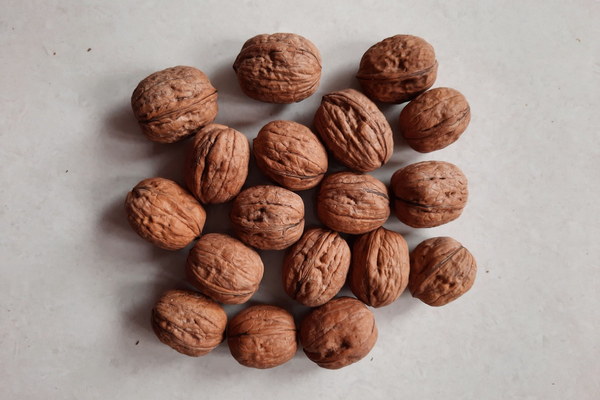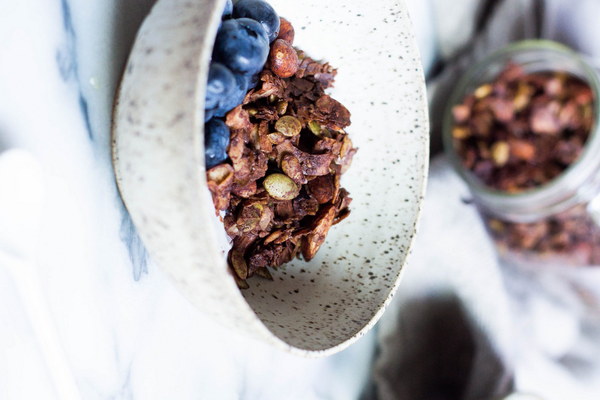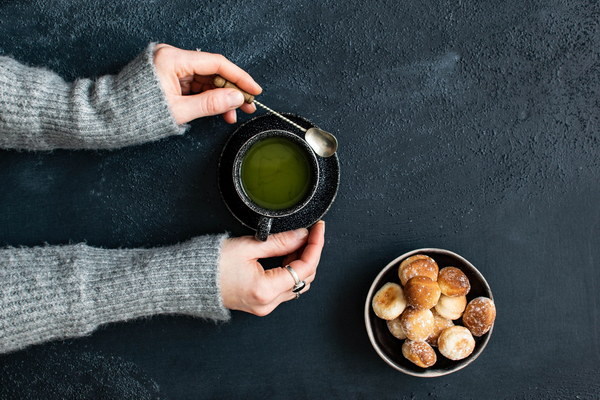Jin Ying Zi A Traditional Chinese Herb for Renal Tonification and Health Benefits
Jin Ying Zi, also known as hawthorn berry or Chinese hawthorn, is a traditional Chinese herb that has been used for centuries to promote renal tonification and overall health. This natural remedy has gained popularity in recent years due to its numerous health benefits and its potential to enhance the quality of life. In this article, we will explore the origins, properties, and uses of Jin Ying Zi in the context of renal tonification.
Origins and Botanical Description
Jin Ying Zi is derived from the hawthorn tree, which is native to China and other parts of Asia. The tree produces small, red or orange berries that are harvested in the fall. These berries are then dried and used in various traditional Chinese medicine (TCM) formulations. Botanically, Jin Ying Zi belongs to the Rosaceae family and contains various bioactive compounds, including flavonoids, organic acids, and vitamin C.
Properties of Jin Ying Zi
In TCM, Jin Ying Zi is considered a kidney-tonifying herb, which means it is believed to strengthen and support kidney function. This is particularly important because the kidneys are considered the root of vitality in Chinese medicine, playing a crucial role in maintaining overall health, including reproductive health, urinary function, and the balance of body fluids.
The following properties of Jin Ying Zi contribute to its renal tonifying effects:
1. Enhances Kidney Function: Jin Ying Zi is believed to improve kidney function by increasing blood flow to the kidneys, promoting waste removal, and supporting the filtration process.
2. Antioxidant Properties: The flavonoids and organic acids found in Jin Ying Zi have antioxidant properties that help to protect the kidneys from oxidative stress and damage.

3. Anti-inflammatory Effects: Jin Ying Zi may have anti-inflammatory properties that can help reduce inflammation in the kidneys and improve kidney health.
4. Cardiovascular Benefits: The herb is also known to have a positive impact on cardiovascular health, which can indirectly benefit kidney function by improving blood circulation.
Applications of Jin Ying Zi
Jin Ying Zi is commonly used in TCM to address various kidney-related issues, including:
1. Kidney Weakness: It is believed to strengthen the kidneys and improve vitality in individuals with kidney weakness or fatigue.
2. Prostate Health: Due to its renal tonifying properties, Jin Ying Zi may be beneficial for prostate health, particularly in men with benign prostatic hyperplasia (BPH).
3. Diabetes and Kidney Disease: Jin Ying Zi may help protect the kidneys from damage caused by diabetes, making it a potential complementary therapy for diabetic nephropathy.
4. Urinary Tract Infections: The herb's diuretic properties can help in the treatment of urinary tract infections by promoting the excretion of bacteria and toxins.
Precautions and Side Effects
While Jin Ying Zi is generally considered safe for most people, it is important to consult with a healthcare professional before starting any new supplement regimen. Individuals with kidney disease or other serious health conditions should exercise caution. Additionally, some people may experience mild side effects such as gastrointestinal discomfort or allergic reactions.
Conclusion
Jin Ying Zi is a traditional Chinese herb with a long history of use in renal tonification and overall health. Its properties, including kidney function enhancement, antioxidant and anti-inflammatory effects, and cardiovascular benefits, make it a valuable addition to TCM. However, as with any herbal remedy, it is essential to use it responsibly and under the guidance of a healthcare provider to ensure safety and effectiveness.









